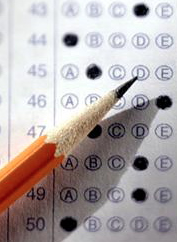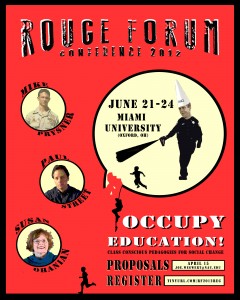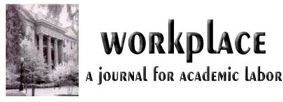This story in the Globe and Mail gets the story wrong, but the fact that a school administrator is sneaking around snooping in teachers’ cars to see what written materials they possess makes this story quite noteworthy. This Prince Rupert teacher wasn’t using Dr. Suess’ Yertle the Turtle in class, but instead was using a quote from Yertle in a meeting with management. Perhaps, by extension, the director of instruction for the Prince Rupert School District judged Yertle’s political message would creep into the classroom. Well, the question this begs is why wouldn’t one want kids to consider Yertle’s claim: “I know up on top you are seeing great sights, but down here on the bottom, we too should have rights.” Equality is now ‘political’ and should not be a ‘value’ that we would want everyone to seriously consider? Theodor Geisel’s work, like many children’s book authors’ work, is not apolitical, nor should we expect it to be. Teaching about politics, discussing political ideas, developing political perspectives is what teachers ought to be doing… where else do children learn about ‘citizenship?’
With ICES
-
Recent Posts
- Critical Education Special Issue Call for Papers — THE GREAT BEYOND: SURPASSING HISTORICAL DAMAGE AND PIVOTING TOWARDS PROTECTING BLACK BOYS
- Critical Education Special Issue CFP: THE GREAT BEYOND: SURPASSING HISTORICAL DAMAGE AND PIVOTING TOWARDS PROTECTING BLACK BOYS
- Workplace welcomes new Co-Editor Rhiannon M. Maton
- New issue of Critical Education, Vol. 16, No. 4 (2025)
- New issue of Critical Education published
Recent Comments
- iit coaching in noida sector 62 on Working toward tuition free post-secondary education in BC and Canada
- Ahlam N Abdel Rahman on Workplace: A Journal for Academic Labor
- OJEDOKUN OLALEKAN ELIJAH on E. Wayne Ross
- E Wayne Ross on Critical Education
- Dorothy Vaandering on Critical Education
ICES Calendar
Archives
Categories
Meta
Blogroll
Trends
Academic freedom Adjuncts Administration BC education BC Liberals BCTF British Columbia Budgets & Funding call for manuscripts CFP CFPs conferences Contracts Critical Education critical pedagogy critical theories curriculum studies education policy education reform Equity Ethics Faculty Free speech Government journals K-12 issues Labor Legal issues neoliberalism Protests publications Research social studies education Strikes Strikes & Labor Disputes Student Movement Students talks teacher education Teachers Testing UBC unions Working conditions Workplace JournalAuthors

 Follow
Follow





Weaker teacher unions won’t improve schools
In the Connecticut state legislature a bill was passed last month that establishes the important role unions play school reform: “The lawmakers’ vote indicates they recognize that collective bargaining helps establish mutual respect between teachers and management, essential to accelerating student improvement. It also anchors the change process in good faith, written agreements, and a formal dispute resolution process, making everyone accountable by clearly setting expectations.” Read more.
Leave a comment
Posted in Commentary, Government, Teachers, Unions